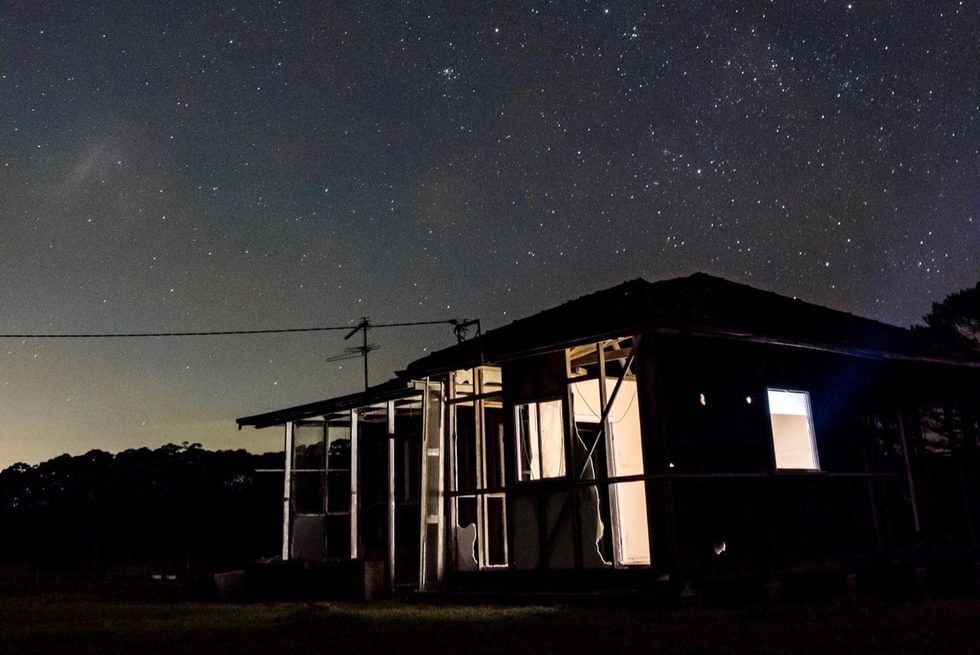Unweirding the Weird Stuff
From the Series: Bateson Book Forum: The Resonance of Unseen Things
From the Series: Bateson Book Forum: The Resonance of Unseen Things

The Resonance of Unseen Things is about a weird topic. Not alien abductions or UFO experiences per se, but rather the elusive ways in which historical traumas and structural violence articulate with inchoate feelings of powerlessness and shifting projects of sensemaking in the American West.
Specifically, Lepselter is interested in apophenia, the psychological tendency to perceive connections between unrelated phenomena (although, as she rightly points out, who can really say what’s unrelated, anyway?). For the UFO believers Lepselter encounters during her fieldwork in the pre-9/11 Nevadan desert, the repetition and resonance of disparate events, phrases, objects, and ideas are imbued with meaning. Taken together, they confirm an uncanny sense that something is somehow wrong and that somewhere a higher power is pulling the strings.
To tackle this weird, elusive topic, Lepselter employs a weird approach. Rather than focusing on UFOs or the people who believe in them, instead she shores up stories: stories told to her by UFO believers, stories from history, and stories of her own. She also draws on stories taken from a wide range of academic and pop-culture sources, moving from Freud to Foucault by way of The X-Files. The result is a polyphonic bricolage that “mimetically performs the multiple, fragmentary, but parallelistic nature of the sometimes elusive object” that she seeks to track. As readers, we are encouraged to cultivate our own sense of apophenia, just as UFO believers do, until we can connect the dots and begin to see the master narrative behind it all.
For Lepselter, the question of whether UFOs are “real” is not an elephant in the room so much as a red herring. By embracing the phenomenological and the visceral, she is able to tease out recurring motifs in overlapping discourses of captivity and freedom, of the natural and the technical, of the real and the experienced. In the process, she connects perceptions of the uncanny with broader relationships of power, America’s mythos of individual freedom and independence, and legacies of historical trauma and inequality.
Ultimately, this book isn’t about “the weird stuff” (as Lepselter dubs the uncanny, discomfiting, and strange), but about power and powerlessness. It’s about not being able to name the sinister force that prevents you from flourishing, in a country that celebrates individual freedom and independence on land still marked by the atrocities of its settlement. It’s about the way these tensions can resonate and remind you of something you already half-knew.
For me, the experience of reading this ethnography was in itself uncanny. Although Lepselter carried out her fieldwork in the 1990s, the anti-government, libertarian, and anti-establishment sentiments that shoot through her stories resonate strongly with today’s Trumpism. As Lepselter herself notes: “Sometimes conspiracy theories begin to make sense beyond that ‘outsider-y’ soil that cultivates them. Things first look like weeds when they begin to push their way up in cracks and untended spaces. But the roots are deep.” The implication is that perhaps we shouldn’t be worrying about what’s in the sky above us, so much as what’s happening down here on the ground.